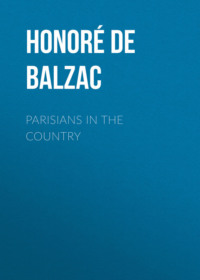Sadece Litres'te okuyun
Kitap dosya olarak indirilemez ancak uygulamamız üzerinden veya online olarak web sitemizden okunabilir.
Kitabı oku: «Parisians in the Country», sayfa 11
Bir şeyler ters gitti, lütfen daha sonra tekrar deneyin
Türler ve etiketler
Yaş sınırı:
12+Litres'teki yayın tarihi:
27 eylül 2017Hacim:
280 s. 1 illüstrasyonTercüman:
Telif hakkı:
Public Domain